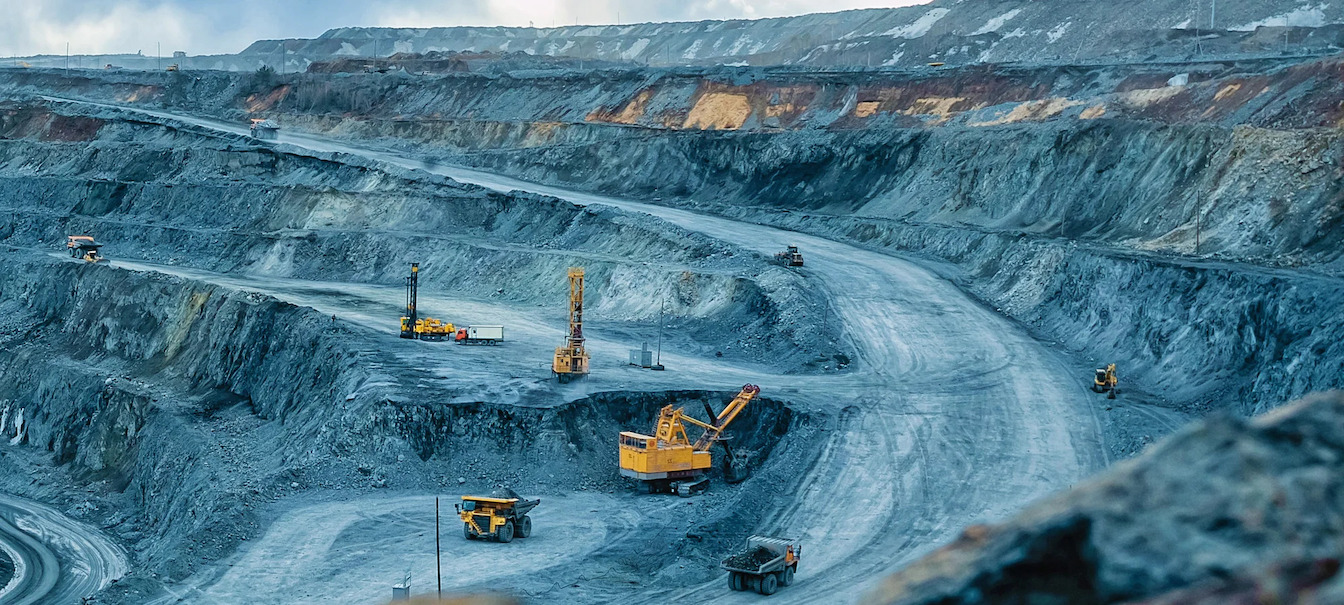Unpacking clean energy: Human rights impacts of Chinese overseas investment in transition minerals

In the next decade, China is set to play a central role in the global transition to clean energy. This will require significant overseas investment in transition mineral mining, giving China an important responsibility to ensure the energy transition is not only fast, but also fair to workers and communities most directly impacted by Chinese overseas investments. This briefing underlines the significant improvements required in the practices and approaches of Chinese mining companies if they are to successfully contribute to the rapid, just energy transition our world needs, and to the wider social goals of the Belt and Road Initiative.
This analysis highlights the scale and scope of human rights and environmental abuses linked to Chinese companies’ operations overseas. From January 2021 to December 2022, a total of 102 allegations of abuse were recorded by the Business & Human Rights Resource Centre (Resource Centre). These allegations of abuse sit alongside similar alleged abuses by North American and European companies recorded in the Resource Centre’s Transition Mineral Tracker (TMT), as well as other reports on the human rights and environmental impacts of renewable energy supply chains in the Andes, Southeast Asia, Kenya and South Africa, highlighting the risks of irresponsible business practices for vulnerable local communities, Indigenous Peoples and migrant workers around the world.
Despite important advances promoted by the Chinese Government and the mining business association (CCCMC) on overseas corporate responsibility, the overall findings of this briefing suggest human rights and environmental risks in transition mineral supply chains associated with Chinese companies, including exploration, extraction and processing, are significant.
Key findings
- Indonesia has the highest number of recorded allegations of abuse (27), followed by Peru (16), Democratic Republic of Congo (DRC) (12), Myanmar (11) and Zimbabwe (7).
- Over 2/3 of the allegations (69) involve human rights abuses against local communities. The most salient risks concern impacts on livelihoods, Indigenous Peoples’ rights and insufficient or lack of consultation.
- Over half (54) of the allegations involve negative environmental impacts, where water pollution, effects on wildlife and species habitat and issues with access to water access are frequently recorded.
- More than 1/3 of the allegations (35) concern workers’ rights. The majority link to health and safety risks in the workplace.
- Despite the significant number of recorded allegations, only seven of the 39 companies have published human rights policies, indicating significant room for improvement in both policies and practices.
Key recommendations: Just transition to clean energy
As these findings illustrate, further and urgent action is required to mitigate the growing risk of human rights harm related to transition mineral extraction. Lack of company action risks lost public support, conflict, suspensions, delays and rising costs – something our planet can ill-afford. A different approach, one which centres human rights and promises a swift and just transition, can be built around three, key principles:
- Shared prosperity to build public support;
- Robust human rights and environmental due diligence to mitigate social and environmental harm;
- Fair negotiations to build a stable investment environment.
As demand for transition minerals to fuel green technologies remains a global priority, the scope for human rights infringements by mining companies and their investors remains a major concern. Therefore, commitment to such principles has never been more important.